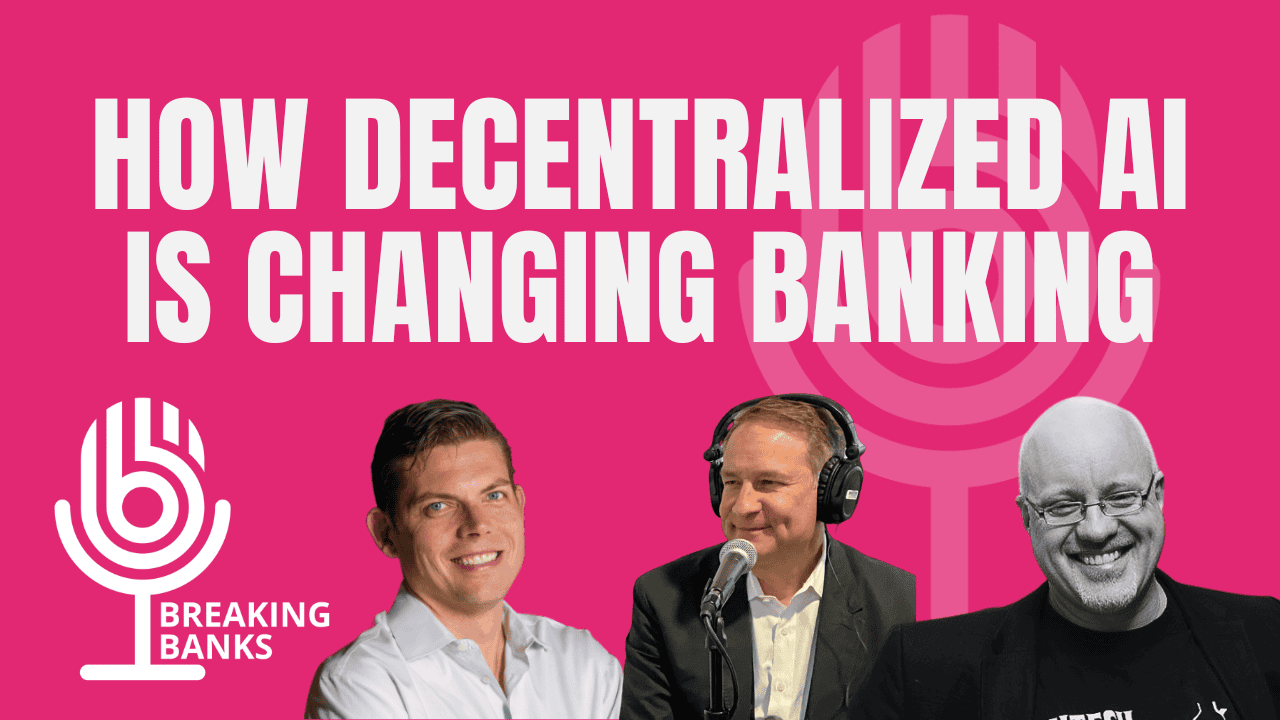
In the ever-evolving world of technology and finance, a new paradigm is taking center stage: decentralized artificial intelligence (DAI). This concept, blending blockchain technology with AI capabilities, promises to address some of the most pressing issues of our digital era, from data privacy to monopolistic control by tech giants. As the digital economy expands, understanding decentralized AI becomes crucial.
What Is Decentralized AI?
At its core, decentralized AI is about redistributing the components that power artificial intelligence—data, computation, and decision-making—into a distributed network. Unlike traditional AI systems dominated by centralized entities like OpenAI or Google, DAI envisions a world where AI operates across a blockchain-based ecosystem, offering enhanced transparency, security, and inclusivity.
This decentralized model counters the monopolistic tendencies of Web 2.0, where a few major corporations hold disproportionate control over user data and the algorithms that shape our digital lives. Instead, decentralized AI democratizes access and control, fostering innovation and reducing the risks of data misuse.
Why Decentralized AI Matters
The current trajectory of AI development raises significant concerns. As it stands, a small number of companies dominate AI development, infrastructure, and applications. This centralization not only stifles competition but also creates vulnerabilities, including potential biases, lack of transparency, and limited accountability.
Decentralized AI aims to mitigate these issues by ensuring that data ownership remains with individuals or smaller entities, rather than being absorbed into vast corporate silos. For instance, blockchain’s inherent features—such as immutability and distributed ledgers—allow for secure and verifiable data provenance. These attributes make it possible to trace data origins and usage without compromising privacy.
Applications of Decentralized AI
Decentralized AI opens doors to a plethora of applications, from financial services to healthcare. In finance, it enhances decentralized finance (DeFi) systems by introducing AI-driven smart contracts and trading agents that operate transparently and autonomously. This fusion of AI and DeFi could revolutionize lending, insurance, and investment by reducing reliance on intermediaries.
Healthcare stands to gain significantly as well. By integrating blockchain technology with AI, it becomes possible to use sensitive data, such as DNA sequences, securely. Advanced cryptographic methods, like zero-knowledge proofs, enable personalized treatments without exposing private data. This approach could transform medical diagnostics and tailored healthcare, balancing innovation with privacy concerns.
Overcoming Challenges in Decentralized AI
Implementing decentralized AI is no small feat. Blockchains are known for their limitations in transactional throughput and computational efficiency, posing hurdles for AI’s data-intensive processes. However, creative solutions are emerging. These include edge computing, where data processing happens closer to the source rather than on a centralized server, and modular AI models that focus on efficiency.
Another critical aspect is regulatory alignment. Data ownership laws, like Europe’s GDPR, emphasize privacy but often clash with the open data sharing required for robust AI development. Decentralized AI offers a potential middle ground by providing traceable yet secure frameworks for data usage, ensuring compliance without stifling innovation.
Financial Inclusion Through Decentralized AI
One of the most promising aspects of decentralized AI is its potential to foster financial inclusion. In regions where traditional banking services are inaccessible, decentralized systems can provide alternatives. Blockchain-based identity verification and AI-powered credit scoring models enable underserved populations to access loans, savings, and other financial products.
Furthermore, decentralized AI supports the creation of transparent and auditable systems for financial transactions. These systems reduce corruption and fraud, ensuring that resources reach their intended recipients, whether it’s government aid or charitable donations.
A New Economic Paradigm
This type of AI doesn’t just transform individual sectors; it also ushers in a new economic paradigm. By enabling collective ownership of data and resources, it shifts the power dynamics of the digital economy. For example, tokenized ecosystems can incentivize individuals to share computing resources or data in exchange for cryptocurrency, creating a self-sustaining digital economy.
This decentralized approach contrasts starkly with the centralized models of traditional AI. By eliminating middlemen and monopolistic practices, decentralized AI promotes fairer value distribution and fosters a more inclusive digital landscape.
Looking Ahead
While decentralized AI is still in its nascent stages, its implications are profound. From reshaping financial systems to revolutionizing healthcare and beyond, it promises a more equitable, secure, and innovative future. However, realizing this potential requires addressing technical challenges, fostering regulatory support, and mobilizing investment.
The journey ahead may be complex, but the rewards are worth the effort. Decentralized AI not only represents a technological advancement but also a shift toward a more ethical and inclusive digital world. It challenges the status quo, pushing us to rethink how technology serves society.